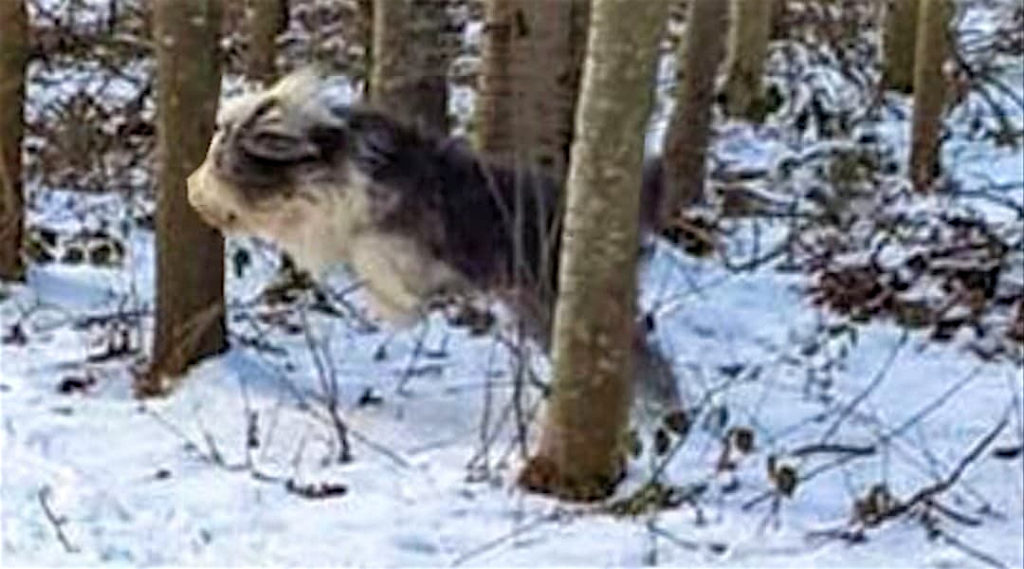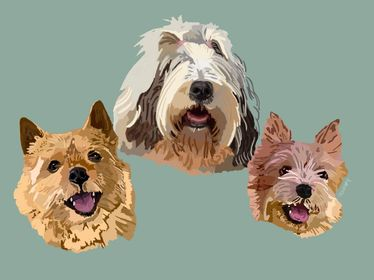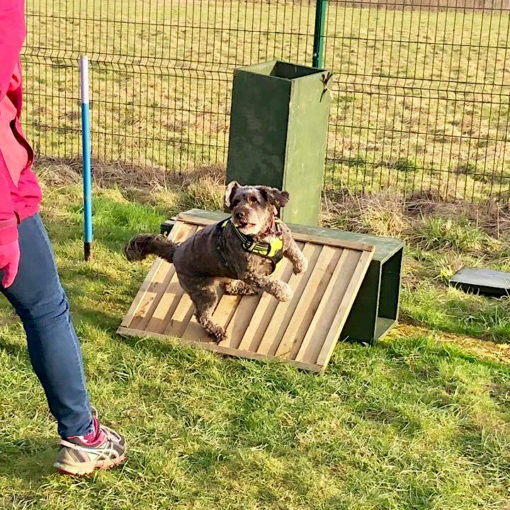
We’ve had some wintery weather the last few days – even where I am in Clacton and we rarely get it here!! Some dogs love the snow; running, jumping, playing and eating it! Other dogs are not sure about the snow and don’t want to walk on it or sink into it. My own dogs, Merlin and Ripley, are the latter!!
Whether your dog is a snow monster or a snow avoider there are some areas of safety we wanted to highlight so that your dogs can continue enjoying their walks in comfort!
If you take your dogs on road walks at all, whether the whole walk or to walk them to the park etc then there is a chance that you will use a road that has been gritted. The grit / salt that is used often bounces off the road as it is spread and onto the path, which can easily get onto your dog’s paws. They then go home and at some point groom themselves, which can cause them to ingest some of the grit and this can be lead to dehydration and in turn can lead to more serious medical issues.
Road walks can also mean your dog comes into contact with remnants of anti freeze and de-icer that have run off car windscreens or dripped from under the cars. They can walk through snow that has these fluids in and again get home and lick paws or legs and ingest some fluids. Anti freeze and de-icer can taste sweet to pets making it more attractive to lick, and has been known to cause toxicity issues even be fatal.
After a wintery walk it can be wise to rinse your dog’s paws – using a bowl with warm water, wet wipes or the paw cleaning gadgets. If your dog knows how to give paw then you can ask for paw to help with this!!
Be aware of the snow sticking to your dogs fur as it can collect quickly!! Leg furnishings, beards, chest and between the back legs can be areas where snow sticks and the longer your dog is in deeper snow the more will stick and form snow balls!! Sometimes these are smaller around the paws, but other times they can become quite sizeable and pull the fur and skin as well as making your dog heavier and they will tire quicker!! Watch for this happening, check your dogs fur is groomed for this time of year, and once home just go over your dog to be sure they don’t have snow stuck to them.
Remember walking on snow can be hard work!! It’s like walking on soft sand and we have to work harder to walk or run. Dog’s with joint issues, recovering from surgery or illness, older dogs and puppies may need a shorter walk in the snow to accommodate the difficult terrain and it can be useful to warm them up before leaving the house with an all over massage or some movements like twists and spins to get the circulation moving and the body ready for working.
Dogs can slip on ice, just like us! Just be vigilant when walking so you can prevent your dog running or turning on an icy surface and potentially becoming injured.
With these in mind, enjoy your dog’s and your walks!! Our dogs are really not impressed with the back garden changes of snow but our ducks are not bothered and are still using their paddling pool in their outdoor run for several swims a day!!
Take care and stay safe!
Joe x



